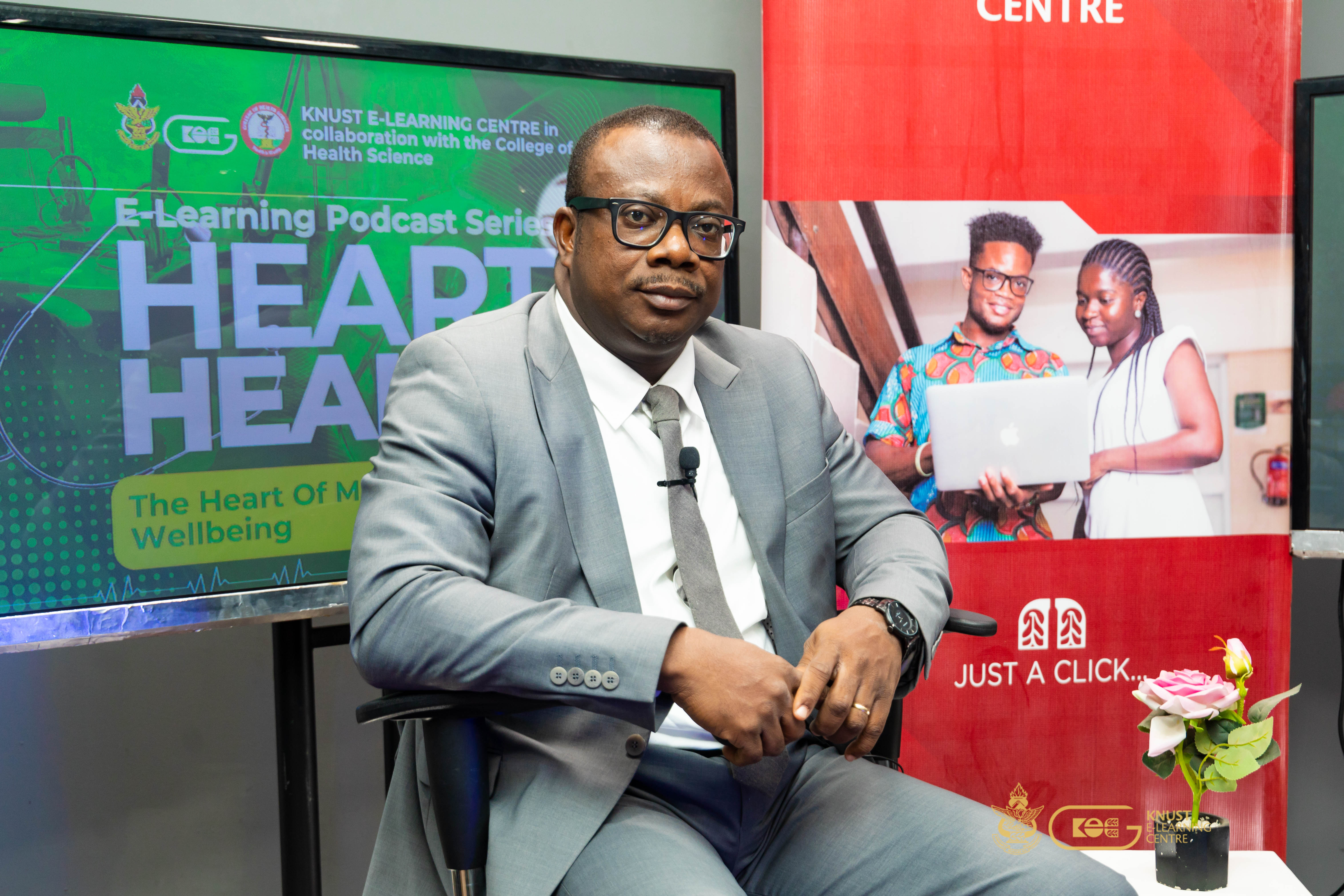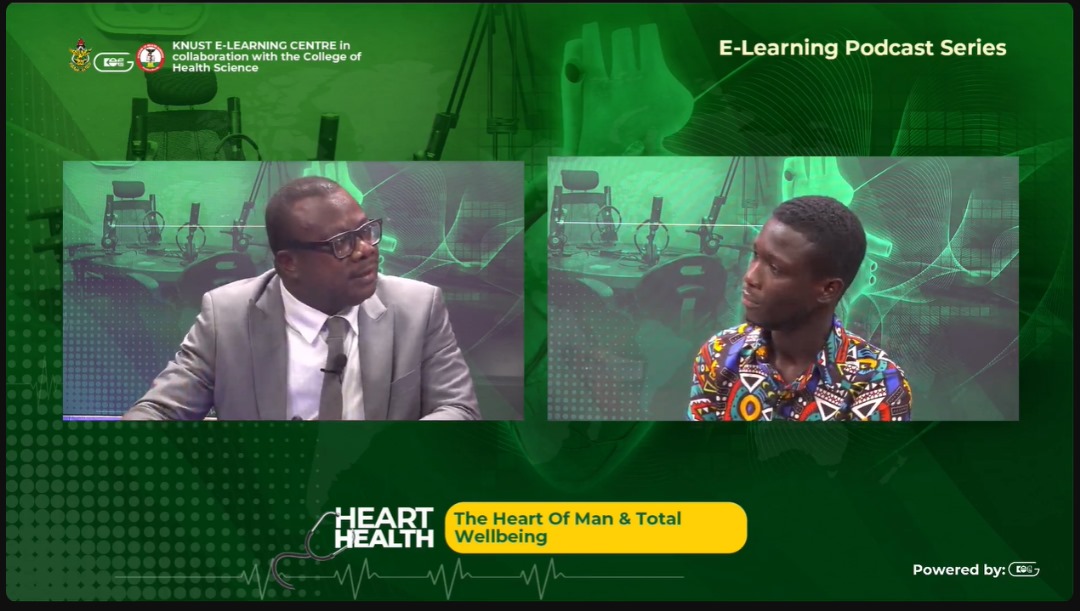Heart Breaks Increase the Risk of Heart Diseases - Heart Surgeon Advices Tertiary Students on Early Relationships
Senior Lecturer at the Department of Surgery, School of Medicine and Dentistry, of the Kwame Nkrumah University of Science and Technology (KNUST), Dr Isaac Okyere, is cautioning tertiary students against entering early relationships as it has the tendency to weaken the health of the heart. He says the heart is an emotional organ, weakens with stress, increasing the risk of hypertension. This early emotional engagement often leads to heartbreaks which puts emotional and psychological stress on students making them suffer academically.

“There is much life ahead of you. If you have the so called “broken heart syndrome”, you are putting stress on the heart. One can go through and have psychiatric issues whiles another may not feel anything. Guard your heart with all diligence. Be careful with your relationship here on campus. There is so much stress awaiting you outside campus in terms of work, marriage among others,” he advised.

The students were advised against an activity like September rush, where continuing students woo female freshers into relationships Other students reportedly live as couples on campus. He was speaking at a monthly podcast by the E-Learning Centre of the Kwame Nkrumah University of Science and Technology on the theme “Heart Health; The Heart of Man and Total Wellbeing,” Research from the National Library of Medicine in 2021, reveals among Ghanaian students currently in second-cycle educational institutions, 19.91% were hypertensive and 26.07% were prehypertensive.
This may indicate a probable high prevalence of hypertension in the future adult population if measures are not taken to curb the associated risks. Dr Isaac Okyere charged the youth to manage their diet, monitor glucose, cholesterol, blood pressure and limit the consumption of alcohol and smoking.

Published:15th February 2024 Source: KNUST E-Learning Centre
